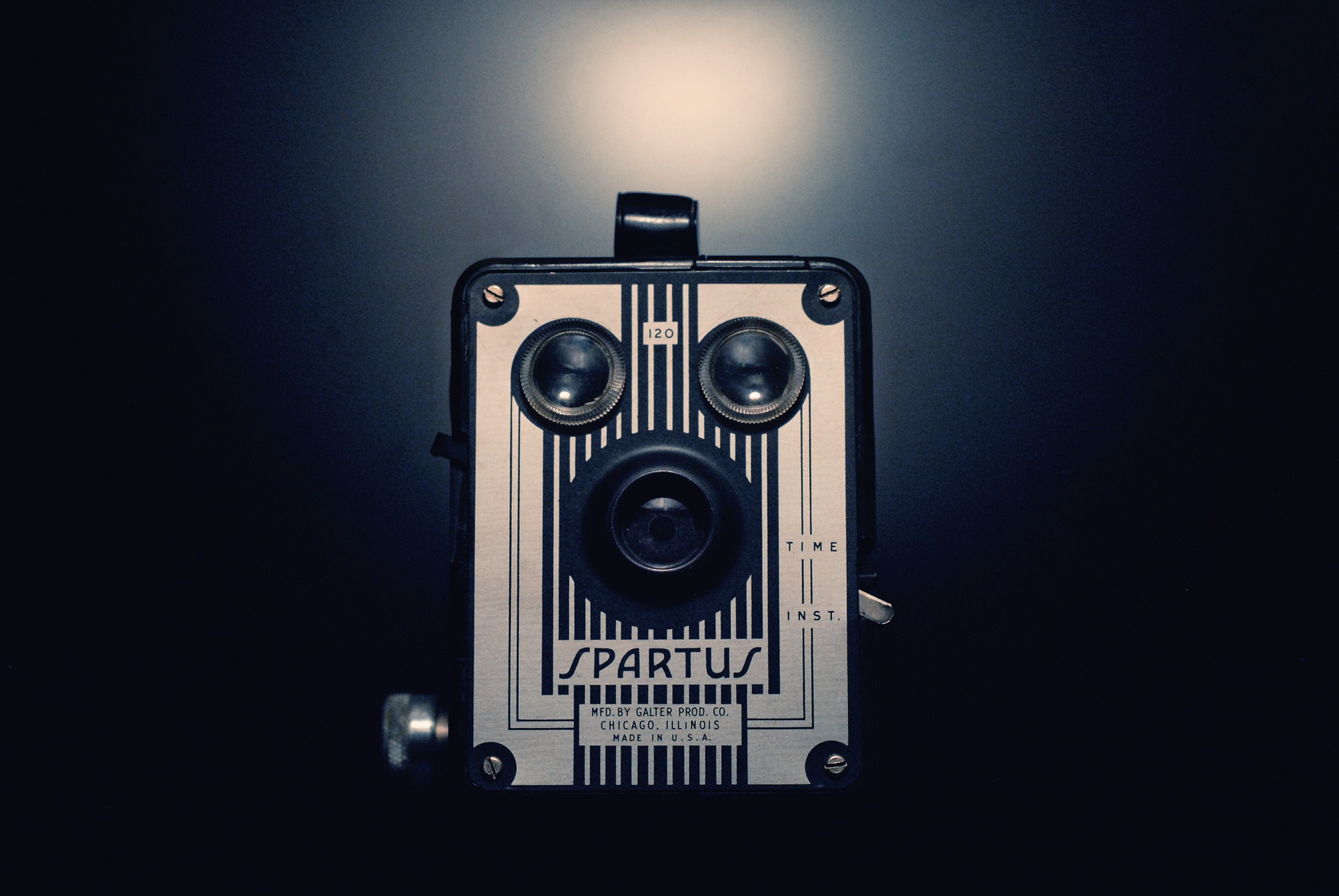The day that my street became a crime scene, I didn’t go to my job as a waitress. Everything was too heart-achingly fresh and the lockdown wasn’t lifted until it was too late, anyway. I went to work the next day, though. And the day after that. On Tuesdays, my second job entails teaching high schoolers filmmaking technique and overseeing their productions. None are Jewish. Some live in close proximity to Squirrel Hill; most don’t.
Strangely enough, I hadn’t cried since the news first broke and I got the phone call to lock the doors and go to the basement. Usually, I cry at everything. I unapologetically wear my heart on my sleeve, almost too quick to bare my heart to strangers, coworkers, friends.
But that Tuesday, I felt empty inside, wishing I could maintain a connection to any one of the emotions running through my head: sadness, confusion, fear, anger. I realized a little late that I was experiencing trauma.
Through this, I waited tables, I did my writing, I tried to organize my life. When I arrived to teach on Tuesday, I was unsure if I wanted to address what had happened since I last saw the students. A brief talk with our CEO made me realize that I was really the person who should address it. I wanted to make sure they were aware that this event went way beyond what they read in the news; it affected someone they see regularly. We sat down to begin. I’d had my coffee, so I was energized, and confident that I wouldn’t cry.
“Tree of Life was the first synagogue my family went to when we moved here…”
Waterworks. I could feel the heat rising in my skin, prickling as tears rushed to my eyes. I blubbered through the rest of my story. How I was separated from my family as they continued praying at another synagogue. How the news triggered anxiety attack after anxiety attack in me, but I couldn’t turn it off. How my phone blew up with calls and texts and I became robotic, answering each one with “Yes, I’m okay. We’re okay. I have another call.”
On Saturday, “okay” had meant I was alive, and that was it. Of course I wasn’t “okay,” but I was alive, and that’s what whoever was calling needed to know. By Tuesday, I couldn’t tell people I was okay anymore, because I wasn’t, and if people were uncomfortable with me saying “actually, I’m terrible!” then they clearly weren’t there for me in the first place.
In the aftermath of my public breakdown, we took a break, and several students came up to hug me and talk out their feelings. I realized why this situation, in particular, had finally triggered the tears. Young people like them should not be so used to this happening. This shouldn’t feel regular. They shouldn’t be growing up in a world where they’re just waiting for the next mass shooting to happen, hoping it won’t be at home, until it is. I felt angry.
Mister Rogers lived in Squirrel Hill. He was a neighbor to so many, perhaps the best neighbor anybody could have asked for. When you grow up in Mister Rogers’ neighborhood, lessons from his show are everywhere. In times of tragedy, we see his quote about looking for the helpers posted frequently.
I’ve been thinking about a different question that he asked us, one that often goes overlooked in times like these: “What do we do with the mad that we feel?” Mister Rogers never told us to just stop being angry. He taught us that anger, like any other emotion, is worthy of our attention. We have to acknowledge our anger, and then try not to let it completely control us. It’s a difficult task, and and an important one to start thinking about at a young age.
As the 24-hour news cycle continued to break story after story about the shooter and his crime, I wanted to be consumed by anger. I wanted anger to replace the emptiness I felt at losing the sense of safety and sanctity I had in Squirrel Hill.
That Tuesday, I had my students go around and say one word about how they felt in the aftermath of this tragedy. Over and over again, I heard the same thing. We were all angry. Some of us were angry at the shooter. Some at the government. Some at the general idea of anti-Semitism. So we took that anger, and we made a video.
It serves as both my company’s response to the events of October 27, and as an outlet for all of us to express the mad that we feel. The worst thing we can do for ourselves right now is pretend we aren’t angry. Today we are remembering that anger can be productive. We can take our anger and use it to put good in the world. It can help heal us.
Ilana Diamant is a recent graduate of Ithaca College, where she studied television and film production. She currently works as a teaching artist for Steeltown in her hometown of Pittsburgh, PA.
Featured image credit: Pixabay.com.

